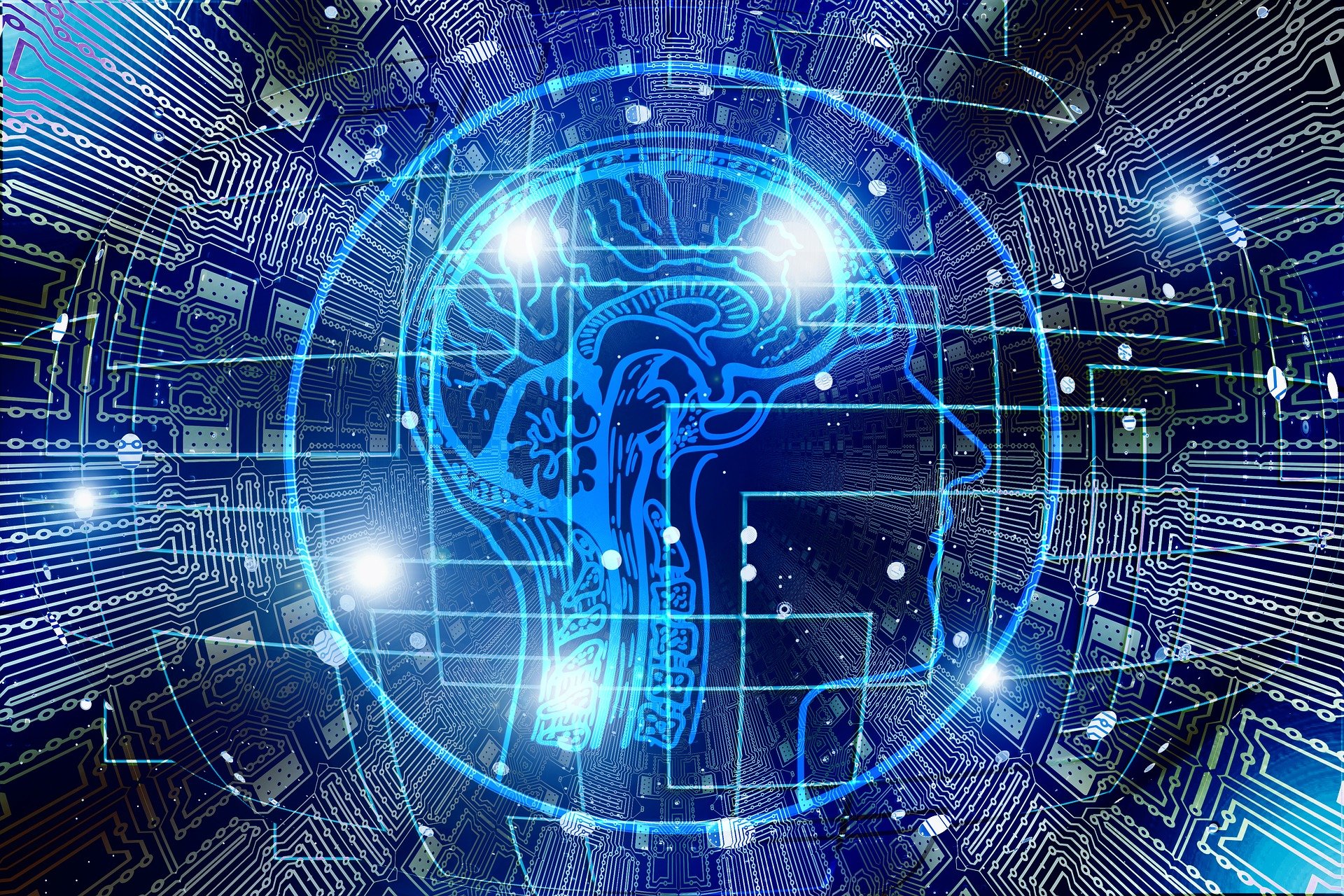AI able to predict who will develop Dementia

Gwellian Page-Gibby discusses recent news from the University of Exeter who have been developing Artificial Intelligence able to predict which patients will develop dementia within two years.
One of the most frightening diagnoses that one can receive, the identification of dementia, has been revolutionised following the development of an artificial intelligence by researchers here at the University of Exeter. Many of us are sadly acquainted with the grief and despair which go hand in hand with a diagnosis of the disease. This development, explored by Charlotte James, Janice M. Ranson, Richard Everson and David J Llewellyn, is estimated to predict with 92 per cent accuracy, the likelihood of the participant to develop dementia.
This development is estimated to predict with 92 per cent accuracy the likelihood of the participant to develop dementia
There are an array of different forms of dementia, consisting chiefly of Alzheimer’s disease, vascular dementia, Lewy body dementia, Frontotemporal dementia, or indeed a mixture of these multiple varieties. Accounting for the different outcome variables, the artificial model and algorithms classify the patients, calculating the likelihood that they receive a dementia diagnosis within two years. The model was compared with that of the BDSI (Brief Dementia Screening Indicator) and CAIDE (Cardiovascular Risk Factors, Aging, and Incidence of Dementia) and was judged to be a more accurate indicator by synthesising the data from both. The study itself can be read in its entirety on the ‘JAMA Network’ website under the title; “Performance of Machine Learning Algorithms for Predicting Progression to Dementia in Memory Clinic Patients”.
This model was compared with that of the BDSI and CAIDE and was judged to be a more accurate indicator
One of the primary advantages of this advancement is the reduction in the misdiagnosis of the disease; a surprisingly common phenomenon. Dementia is the prognosis for many people suffering from vastly different ailments because they are so difficult to differentiate in terms of symptoms. Dementia is commonly diagnosed in place of conditions such as metabolic or immune disorders, nutritional deficiencies, side effects from medication or brain conditions, to name only a few. These conditions, by contrast, can usually be reversed and treated by various medications and are not such unwelcome verdicts (but by no means to be taken lightly). Dementia can also be linked to diseases such as Parkinson’s disease and Huntington’s disease, which often precede the illness and begin the onset of its symptoms; causing Parkinson’s disease dementia in the former example and an early onset cognitive decline in the latter.
This Artificial Intelligence model will revolutionise the swift diagnosis of the disease and allow patients and loved ones to prepare for its arrival in advance. This will provide the luxury of appreciating your loved ones’ wishes before the further progression of the disease, bestowing upon them that all important closure and dignity which dementia so often strips from those who suffer from it.


